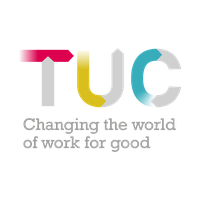Trade unions are key to making sure women are free from financial abuse
Understanding how financial abuse undermines women’s economic independence helps understand how all-encompassing violence against women, girls and non-binary people can be.
Good public services, an enabling welfare state, decent work including good pay and conditions, and workplace support for victim-survivors are crucial to tackle financial abuse – and violence against women and girls more broadly. This is why they are a priority for trade unions in the UK.
What is financial abuse and why are trade unions concerned about it?
“Trade unions and domestic abuse organisations that support victim-survivors are concerned that the cost-of-living crisis is worsening financial abuse and preventing women from leaving abusive situations.”
Abigail Hunt, Public Services and Nikki Pound, Women's Equality at the Trades Union Congress (TUC) in the UK.
Abusers are using the cost-of-living crisis to harm women
A recent survey from Women’s Aid found that in the UK:
- Almost all survivors (96%) responding had seen a negative impact on the amount of money available to them as a result of cost-of-living increases.
- Two thirds (66%) of survivors told Women’s Aid that abusers are now using the cost-of-living increase and concerns about financial hardship as a tool for coercive control, including to justify further restricting their access to money.
- Almost three quarters (73%) of women living with and having financial links with the abuser said that the cost-of-living crisis had either prevented them from leaving or made it harder for them to leave.
The impact of austerity and government policy
“Over a decade of austerity that has disproportionately impacted women overall, has also compounded the abuse victim-survivors experience and increased the barriers to accessing support.”
Abigail Hunt, Public Services and Nikki Pound, Women's Equality at the Trades Union Congress (TUC) in the UK.
| Austerity |
|---|
| Austerity is when governments choose to reduce public spending, increase taxes or both, creating a difficult economic environment. |
Shutterstock
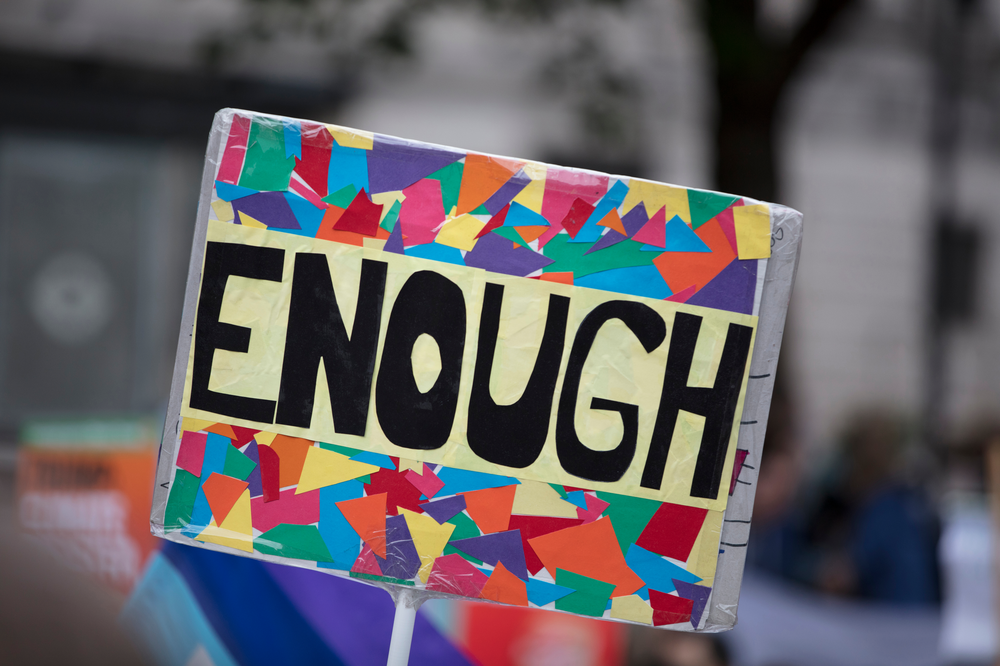
Unequal, unpaid care work
Inadequate social security
| The 5-week Universal Credit wait |
|---|
| Those who claim Universal Credit for the first time have to wait for around 5 weeks before receiving their first payment. Advance loans are available, but these must be paid back out of future benefit payments. |
“Women are more likely to live in poverty, more likely to go without when finances are squeezed, and more likely to have their financial independence undermined by an abuser.”
Abigail Hunt, Public Services and Nikki Pound, Women's Equality at the Trades Union Congress (TUC) in the UK.
What needs to change
| The gender pension gap |
|---|
| The gender pension gap is the percentage difference in pension income for women pensioners compared to men pensioners. |
“We bargain and campaign for decent work and better pay and conditions across the economy especially in low paid, undervalued sectors like social care, where we know women, often Black and ethnic minority women, are overrepresented. We raise awareness of violence against women and girls as a workplace issue.”
Abigail Hunt, Public Services and Nikki Pound, Women's Equality at the Trades Union Congress (TUC) in the UK.
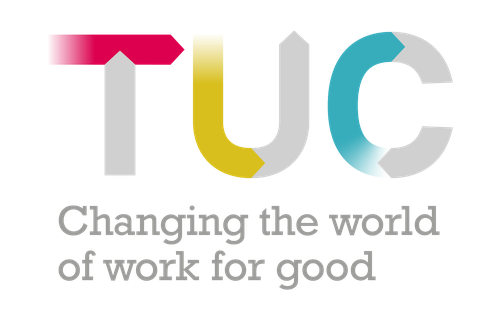
This 16 Days of Activism Against Gender-based Violence we're proud to host this blog from the Trades Union Congress (TUC).
More posts like this
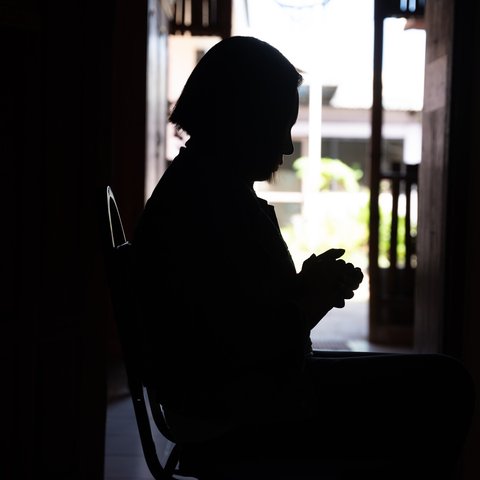
– Governments responding to the cost of living crisis with more spending cuts to public services are carrying out gender-based violence.These cuts affect women, girls and non-binary people most. And deepen inequality.This 16 Days of Activism Against Gender-based Violence it’s time to campaign against economic violence.
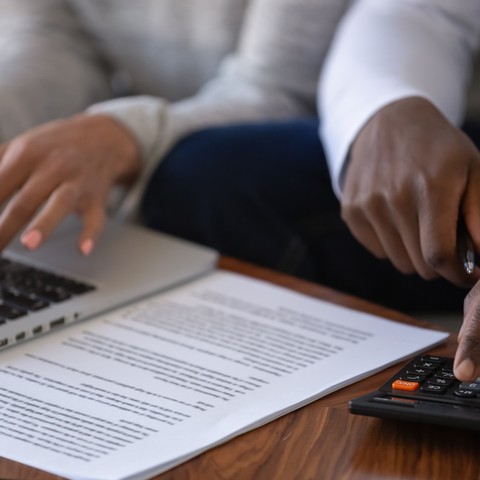
– Far from being ‘in this together', working class ethnic minority women, including migrants and refugees, are among those worst affected by the evolving cost-of-living crisis.
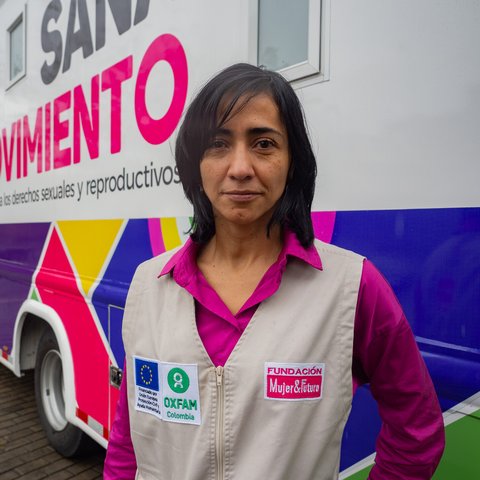
The potential for lasting change lies in the hands of millions of women currently living in poverty.
